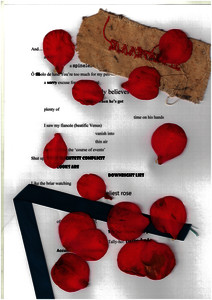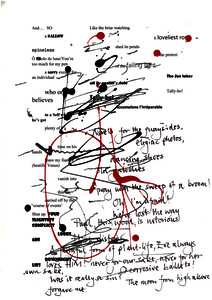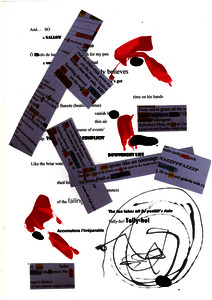Scott, Clive (2017) Movement, intuition and the validity of literary translation. OAR: The Oxford Artistic and Practice Based Research Platform.
![[thumbnail of Fig. 2]](https://ueaeprints.uea.ac.uk/75733/1.hassmallThumbnailVersion/Fig._2.jpg)  Preview |
Image (JPEG) (Fig. 2)
- Accepted Version
Download (4MB) | Preview |
![[thumbnail of Fig. 1]](https://ueaeprints.uea.ac.uk/75733/2.hassmallThumbnailVersion/Fig._1.jpg)  Preview |
Image (JPEG) (Fig. 1)
- Accepted Version
Download (5MB) | Preview |
Preview |
PDF (Accepted_Manuscript)
- Accepted Version
Available under License Creative Commons Attribution Non-commercial No Derivatives. Download (172kB) | Preview |
![[thumbnail of Fig. 3]](https://ueaeprints.uea.ac.uk/75733/5.hassmallThumbnailVersion/Fig._3.jpg)  Preview |
Image (JPEG) (Fig. 3)
- Accepted Version
Download (2MB) | Preview |
![[thumbnail of Fig. 4]](https://ueaeprints.uea.ac.uk/75733/7.hassmallThumbnailVersion/Fig._4.jpg)  Preview |
Image (JPEG) (Fig. 4)
- Accepted Version
Download (4MB) | Preview |
Abstract
This article pursues the argument that literary translation, in the version envisaged here, provides a way out of a linguistic quandary, and can re-establish the existential values of language. Every use of language, we might suppose, involves a double loss: (i) every term becomes, willy-nilly, a class term, subject to abstraction and conceptualisation, in the interests of easy transferability;1 one might argue that translation has a natural tendency to occupy this ‘average’ ground, easing the way to swift and confident comprehension; (ii) nobody’s understanding and use of a term corresponds exactly with anyone else’s; if translation accepted the full implications of this proposition, what kind of strategy would it envisage? So, this pair of statements confronts us with a contradiction: words become class terms in the interests of stability, in order that abstractions like ‘integrity’, ‘validity’, ‘joy’ carry their true moral weight, and in order that fine distinctions can be made, between ‘vice’ and ‘evil’, for instance, or between ‘trustworthiness’ and ‘reliability’. Yet, in becoming class terms, they lose that particularity which gives them experiential value and which might guarantee a semantic immediacy. How we make contact, through language, with the experiential as against the conceptual, how we resist the constant recasting of the experiential as the conceptual, remain nagging, unsolved challenges to institutional responses to text. It suggests that we should shift the emphasis from research-based practice – which converts experimental data into a body of knowledge and a methodology – to practice-based research – which pursues research as a mode of experiential becoming. It suggests, too, that we should find ways of making Bergsonian intuition a more essential part of critical attitudes, although we would need to revise Bergson’s views on both language and translation. More fundamentally, it encourages us to distrust validity as a critical criterion.
| Item Type: | Article |
|---|---|
| Faculty \ School: | Faculty of Arts and Humanities > School of Literature, Drama and Creative Writing |
| Related URLs: | |
| Depositing User: | LivePure Connector |
| Date Deposited: | 23 Jun 2020 00:05 |
| Last Modified: | 28 Jan 2025 19:51 |
| URI: | https://ueaeprints.uea.ac.uk/id/eprint/75733 |
| DOI: |
Downloads
Downloads per month over past year
Actions (login required)
 |
View Item |

 Tools
Tools Tools
Tools